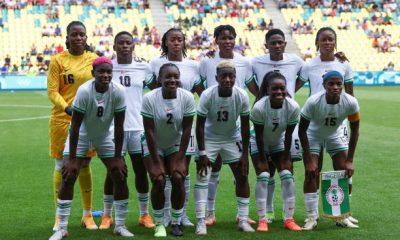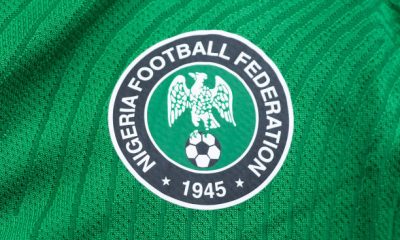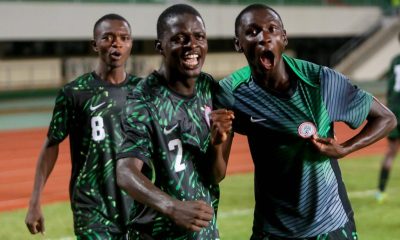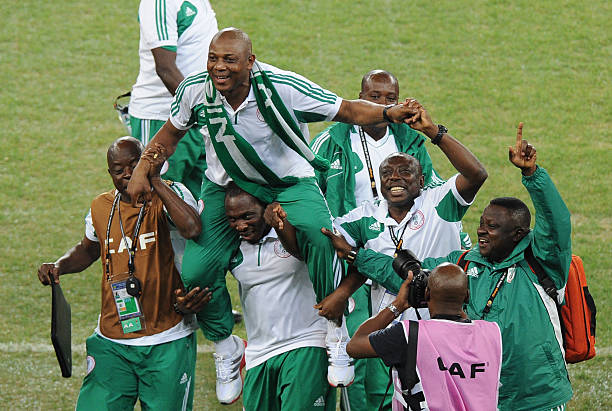
Nigerian Football Managers that had Spells with the National Team
Nigeria has a rich football history, with the Super Eagles emerging as one of Africa’s most successful national teams. Over the years, several Nigerian football managers have had the opportunity to lead the team, some achieving great success while others struggled under the weight of expectations.
As of April 2, 2025, this comprehensive guide highlights every Nigerian football manager who has coached the Super Eagles, detailing their tenure, achievements, and impact on Nigerian football.
1. Daniel Amokachi (Caretaker Manager – 2014, 2015, 2021)
Former Super Eagles forward Daniel Amokachi has been appointed as an interim manager on multiple occasions. While his tenures were brief, he played a crucial role in stabilizing the team during transitions between full-time coaches.
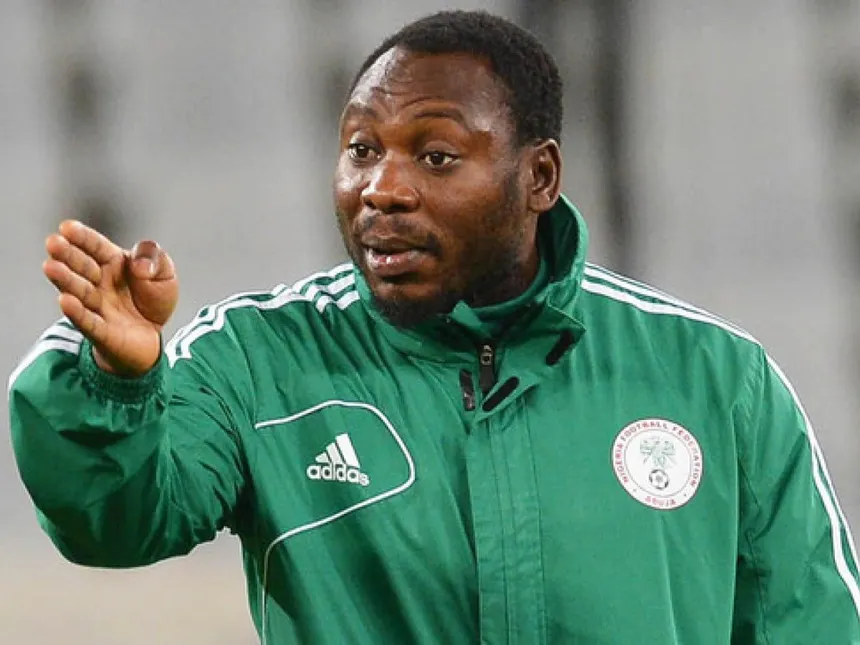
Key Achievements:
- Led Nigeria to a 1-0 win over Congo in a friendly (2015)
- Managed the team in the absence of Stephen Keshi and Gernot Rohr
- Played a major role in scouting and recommending new players
Amokachi’s deep knowledge of Nigerian football and tactical insights have made him a valuable asset in coaching roles, but he was never given a long-term managerial position.
2. Augustine Eguavoen (2005-2007, 2010, 2021-2022)
Augustine Eguavoen, a former Super Eagles defender, has had multiple stints as head coach, stepping in whenever the Nigerian Football Federation (NFF) needed a reliable option.
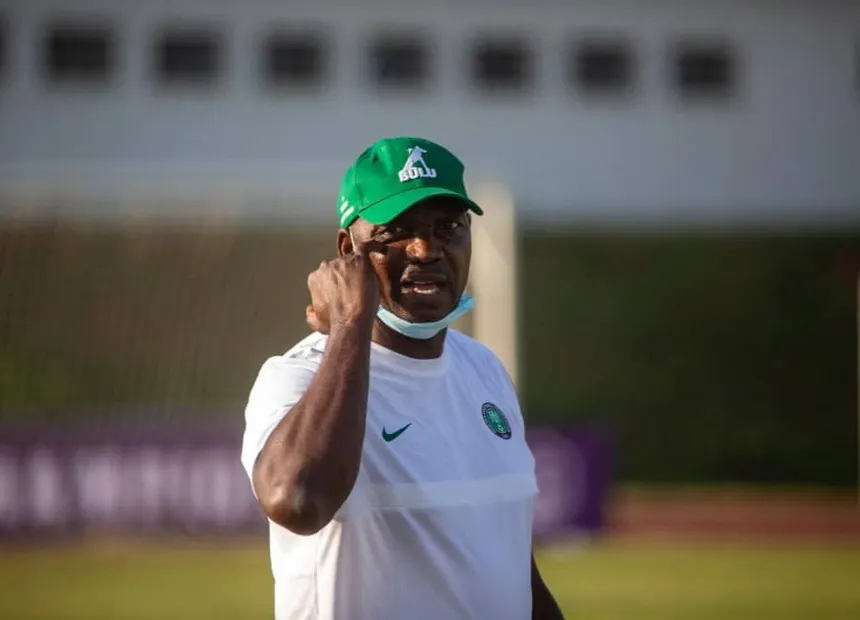
Key Achievements:
- Led Nigeria to a third-place finish at AFCON 2006
- Helped Nigeria qualify for AFCON 2022 after replacing Gernot Rohr
- Managed the Super Eagles during the 2022 World Cup qualification playoffs
Despite his contributions, Eguavoen’s Super Eagles tenure has been defined by near-misses, especially with the team’s failure to qualify for the 2022 FIFA World Cup.
3. Christian Chukwu (2003-2005)
One of the most respected Nigerian football managers, Christian Chukwu was a key figure in Nigerian football long before he became head coach.
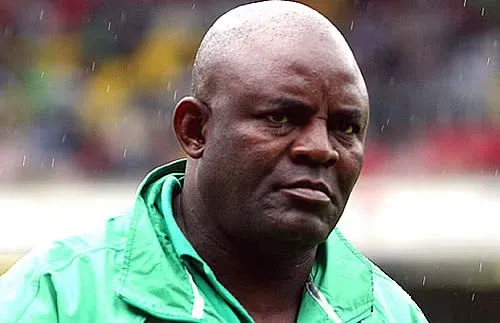
Key Achievements:
- Led Nigeria to a third-place finish at AFCON 2004
- Focused on developing young home-based players
- Managed Nigeria’s transition after the 2002 World Cup disappointment
Despite his tactical knowledge, Chukwu struggled with administrative issues and was eventually replaced.
4. Stephen Keshi (2011-2015)
Stephen Keshi remains one of the most successful Nigerian football managers in history. A former captain of the Super Eagles, he made history by leading Nigeria to AFCON glory both as a player and as a coach.
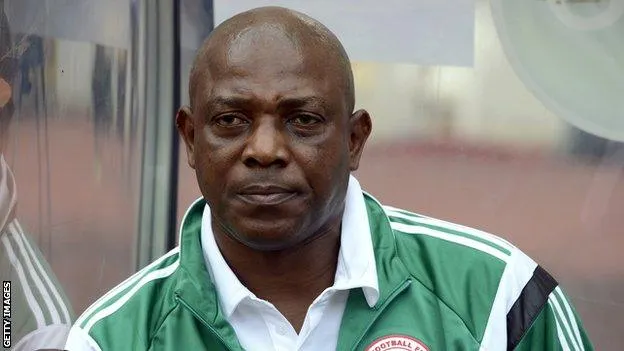
Key Achievements:
- Won AFCON 2013, Nigeria’s third continental title
- Guided Nigeria to the 2014 FIFA World Cup Round of 16
- Successfully integrated home-based players into the national team
Keshi’s reign was marked by tactical discipline and strong leadership. Sadly, he passed away in 2016, but his legacy in Nigerian football remains unmatched.
SUGGESTED FOR YOU
Nigeria Super Eagles Players with the Worst Injury Records – Top 7 Revealed
5. Samson Siasia (2010, 2016 – Interim Stints)
Another legend of Nigerian football, Samson Siasia, took charge of the Super Eagles during turbulent periods. Despite having success at youth levels, his stints as the senior team coach were short-lived.
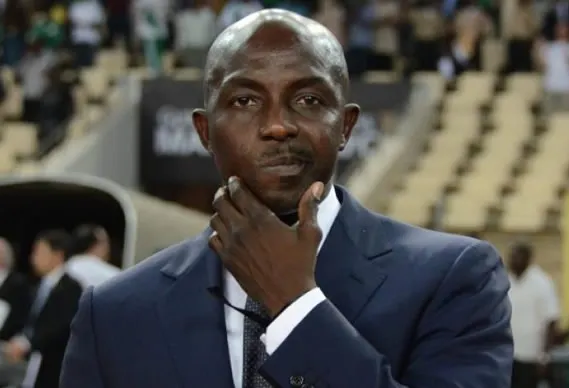
Key Achievements:
- Won the 2016 Olympic Games bronze medal with Nigeria’s U-23 team
- Oversaw key World Cup qualification matches in 2010
- Known for developing young Nigerian players
Siasia’s coaching career was derailed after FIFA handed him a lifetime ban in 2019 (later reduced to five years) due to alleged match-fixing involvement.
6. Shaibu Amodu (1994-1997, 2001-2002, 2008-2010)
One of the most experienced Nigerian football managers, Shaibu Amodu had multiple spells as head coach of the Super Eagles.
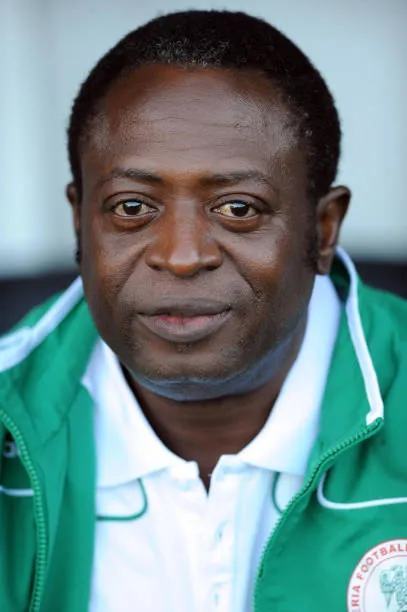
Key Achievements:
- Qualified Nigeria for the 2002 and 2010 FIFA World Cups
- Led Nigeria to AFCON 2010 semifinals
- Discovered and developed numerous home-based players
Despite his success, Amodu was twice sacked before he could lead Nigeria to a World Cup. He passed away in 2016, leaving behind a legacy of talent development.
7. Festus Onigbinde (1983-1984, 2002)
A veteran Nigerian coach, Festus Onigbinde was among the first to take charge of the Super Eagles at an international level.
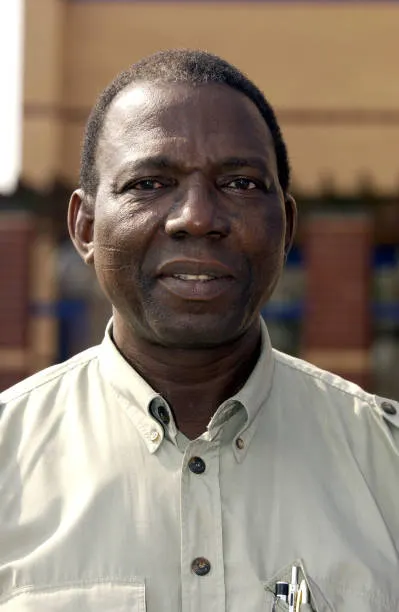
Key Achievements:
- Led Nigeria to AFCON 1984 final (lost to Cameroon)
- Managed Nigeria at the 2002 FIFA World Cup
Onigbinde’s philosophy emphasized discipline and technical skill, but his 2002 World Cup campaign ended in disappointment, with Nigeria failing to progress past the group stage.
8. Adegboye Onigbinde (1983-1984, 2002)
Another highly respected Nigerian coach, Adegboye Onigbinde, had two stints as Super Eagles head coach.
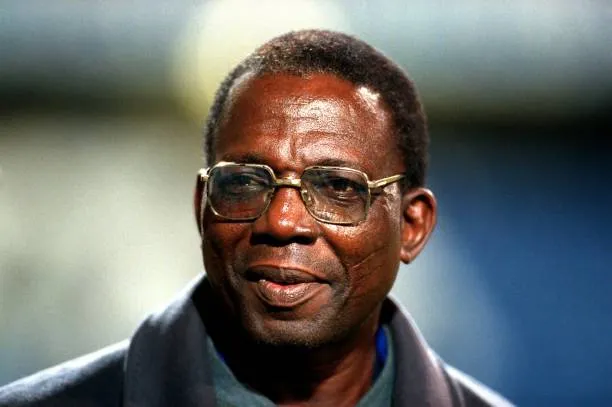
Key Achievements:
- Coached Nigeria in the 1984 AFCON final
- Guided Nigeria at the 2002 FIFA World Cup
Although he wasn’t as successful as some of his counterparts, Onigbinde played a crucial role in laying the foundation for future Nigerian teams.
Challenges Faced by Nigerian Football Managers
Despite their passion and tactical knowledge, Nigerian football managers face several challenges, including:
- Interference from the NFF: Many managers have complained about external pressure when selecting squads.
- Limited Time to Build a Team: Most Nigerian coaches are given short contracts, making long-term planning difficult.
- Poor Infrastructure: Training facilities and player development structures are below global standards.
- Lack of Financial Support: Many managers struggle with unpaid salaries and poor funding for national team activities.
Who Could Be the Next Nigerian Manager?
Nigeria confirmed Malian Coach Eric Chelle as long-term head coach. But should he fail to meet expectations Nigerian Possible candidates include:
- Finidi George – Formerly an assistant coach to Jose Pesiero, he has experience managing Enyimba FC; he also had a short spell in charge of the National Team before he was dismissed after bad results and a fallout with star striker Victor Osimhen.
- Joseph Yobo – Former Super Eagles captain, now working on his coaching licenses.
- Sunday Oliseh – A tactically gifted coach, though his past issues with the NFF may limit his chances.
Conclusion
The Super Eagles have been led by some of the finest Nigerian football managers, each bringing their own unique style and approach. From Stephen Keshi’s AFCON-winning squad to Shaibu Amodu’s qualification successes, these managers have played a crucial role in shaping Nigerian football.




